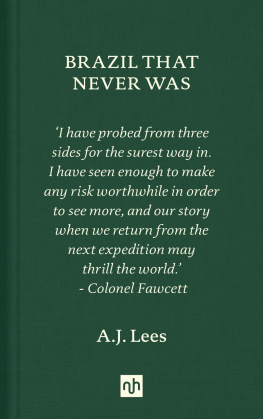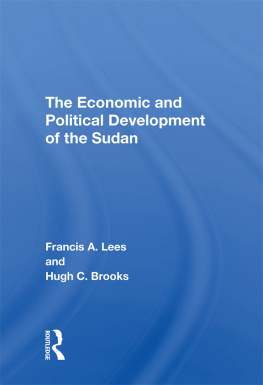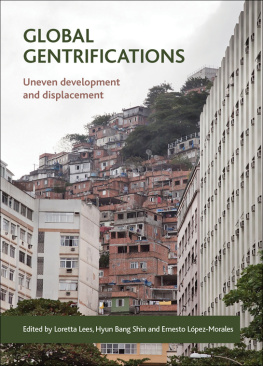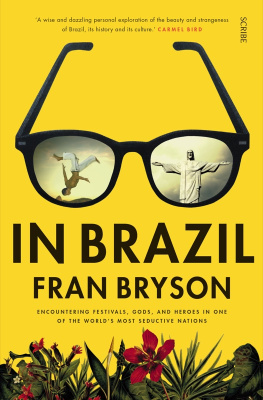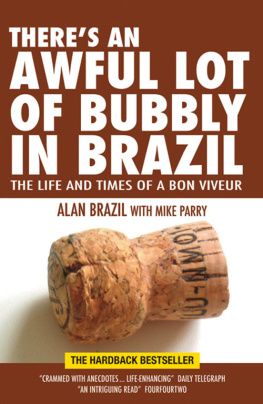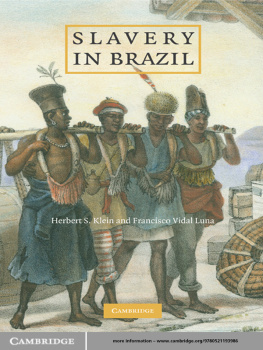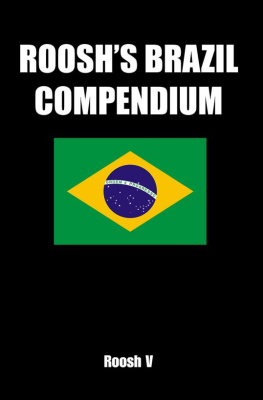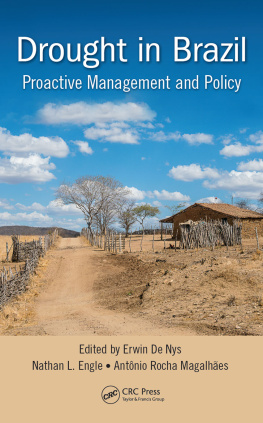A.J. Lees - Brazil That Never Was
Here you can read online A.J. Lees - Brazil That Never Was full text of the book (entire story) in english for free. Download pdf and epub, get meaning, cover and reviews about this ebook. year: 2020, publisher: New York Review Books, genre: Detective and thriller. Description of the work, (preface) as well as reviews are available. Best literature library LitArk.com created for fans of good reading and offers a wide selection of genres:
Romance novel
Science fiction
Adventure
Detective
Science
History
Home and family
Prose
Art
Politics
Computer
Non-fiction
Religion
Business
Children
Humor
Choose a favorite category and find really read worthwhile books. Enjoy immersion in the world of imagination, feel the emotions of the characters or learn something new for yourself, make an fascinating discovery.
- Book:Brazil That Never Was
- Author:
- Publisher:New York Review Books
- Genre:
- Year:2020
- Rating:3 / 5
- Favourites:Add to favourites
- Your mark:
- 60
- 1
- 2
- 3
- 4
- 5
Brazil That Never Was: summary, description and annotation
We offer to read an annotation, description, summary or preface (depends on what the author of the book "Brazil That Never Was" wrote himself). If you haven't found the necessary information about the book — write in the comments, we will try to find it.
Brazil That Never Was — read online for free the complete book (whole text) full work
Below is the text of the book, divided by pages. System saving the place of the last page read, allows you to conveniently read the book "Brazil That Never Was" online for free, without having to search again every time where you left off. Put a bookmark, and you can go to the page where you finished reading at any time.
Font size:
Interval:
Bookmark:
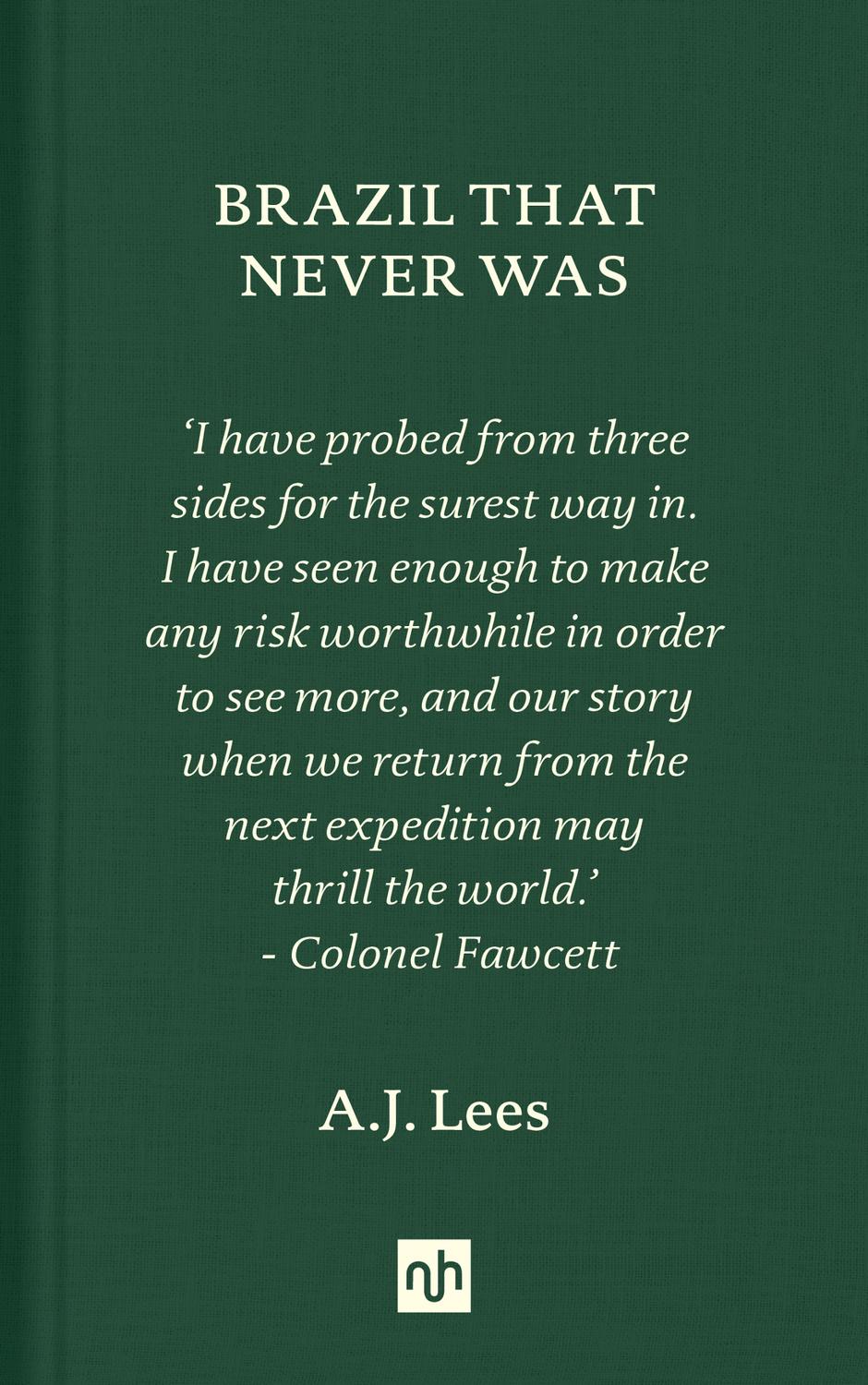

Notting Hill Editions is an independent British publisher. The company was founded by Tom Kremer (19302017), champion of innovation and the man responsible for popularising the Rubiks Cube.
After a successful business career in toy invention Tom decided, at the age of eighty, to fulfil his passion for literature. In a fast-moving digital world Toms aim was to revive the art of the essay, and to create exceptionally beautiful books that would be lingered over and cherished.
Hailed as the shape of things to come, the family-run press brings to print the most surprising thinkers of past and present. In an era of information-overload, these collectible pocket-size books distil ideas that linger in the mind.
www.nottinghilleditions.com
v
Weeks went by, then months. I am speaking of a far-away time a vanished happiness.
Alain-Fournier
If you want to talk about a place, imagine yourself in another.
Jorge Luis Borges
The longing for impossible things, precisely because they are impossible, nostalgia for what never was; the desire for what could have been.
Fernando Pessoa
vi
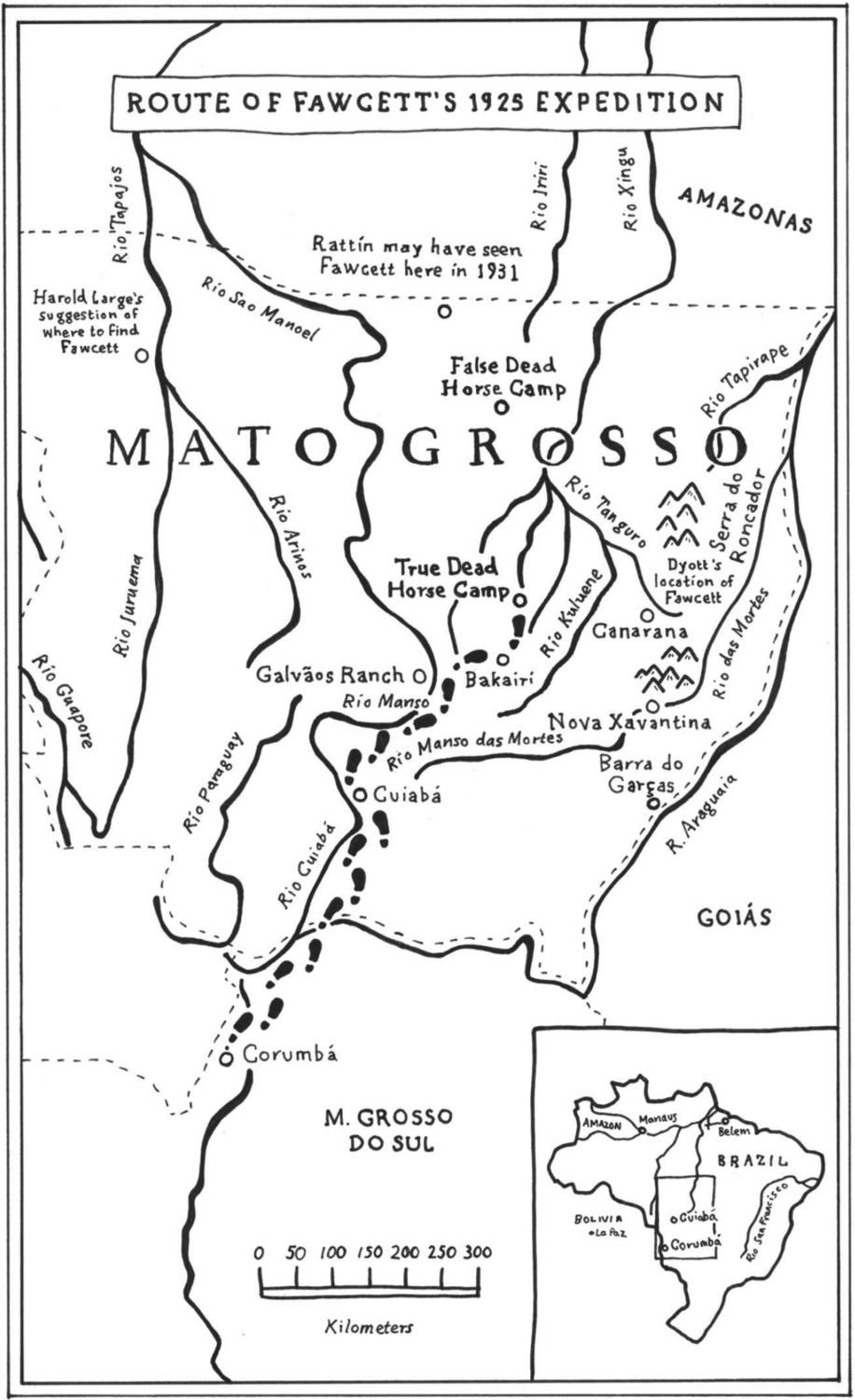
- viii
Ive never seen a Jaguar,
Nor yet an Armadill
O dilloing in his armour,
And I spose I never will,
Unless I go to Rio
These wonders to behold
[]
Oh, Id love to roll to Rio
Some day before Im old!
Rudyard Kipling, Ive Never Sailed the Amazon
F or three hundred years my family remained rooted on the windswept Pennine Edge, first working yarn on looms in Lancashire cottages and then toiling on spinning mules in sweltering factory sheds. What tied them to those rococo mills has always been a mystery to me. Perhaps we believed that by hard work, punctuality and meekness we would inherit the earth. Or was it that we were terrified of the horror of the unseen? Even when the Cotton Famine arrived, we stayed put and loyal to our roots. Common sense and obedience held us back.
My parents would be the first to make the break towards the sea. Armed with my mothers pent-up ambition and my fathers university degree, they set sail down the East Lancs Road, only to drop anchor, ten miles short of Liverpool, in a vitreous, hard-vowelled place. St Helens, the town where I was born, was a maze of narrow streets lined by cluttered rows of indistinguishable slate-roofed houses. There were a few churches with square towers, an open market, and countless public houses like the Sefton Arms. Each terrace row in the tightly knit town had its own sense of community and destructive loyalties. The southwesterly winds that blew in from the Atlantic created a soulful, generous place where women were led astray by the dance and often died of love. Our next-door neighbour Miss Molyneuxs box television connected us with the faraway world of Queen Elizabeths Coronation at Westminster Abbey. The whine of the factory sirens and the purring of distant motorcycles on Dentons Green Lane would become my birdsong.
Up until the 18th century, there had only been a chapel and a few fissures left after the gouging of peat and coal, but with sandstone to the north, salt beds to the south, and the rich seams of carbonised plants, St Helens had grown to lead the world in the manufacture of glass. Shafts had been sunk through the layers of shale, the earth was bursting with fire from the coke ovens, and a stench of rotten eggs hung on the pavements. Cauldrons concealed in brick cones erupted like blazing rose petals into the lowering sky. Blast furnaces surrounded by batteries of chimneys burned blue like monstrous blow torches. At the peak of its growth, 3,000 men floated soda lime sheets on beds of tin to create ribbons of glass, and pressed and blew at the bottle factory. Even when we arrived there were six working pits all connected to the railway and the canal. At dawn columns of miners resembling common black ants returning to the nest walked their well-worn trails. At the pithead they clustered in groups waiting for the iron cage to plummet them down the shaft to the deafening darkness of the face.
St Helens was a throbbing, pulsing place full of work. Everything was for use and nothing for ornament. Salt of the earth, salt of baptism, salt of wages, salt of preservation, salt that gave lucidity. Time was spent, not killed. Its families lived from pay-packet to pay-packet, made do with what they had been given and took life as it came. Our priest was red-nosed and round-faced and never judged. The town was full of people like us who would never become rich, powerful, or important. When Sintelliners died they vanished as if they had never existed.
Sometimes, when the sun broke through the coke smoke and sulphur-tinged clouds, my father and I cycled to Billinge Lump, a beacon that had transmitted warnings of the approaching Armada in 1588. We pushed our bikes up Bobbies Lane, then on through the beech wood plantation, past a pair of bouncing bodies, evasively referred to as a courting couple. From the old square summer house on the top of the highest hill I could see the North End shore and, beyond it, where the skyline met the surface of the Irish Sea, an island of unearthly beauty covered with trees.
Weekends and school holidays we headed for Liverpool to listen to the mutterings of the sea and explore the docks. The wharves, where we idled, were full of purposeful and secretive comings and goings. Lines of sooty warehouses, bleak railway sidings and iron bollards stood between us and the sandy river. Through a chink in the dock wall at Canning Place, I glimpsed the black-hulled SS Hilary being coaxed into North Queens Dock by two tugs. After the first-class guests had disembarked, a barrel-chested seaman with two green and yellow macaws under his arm stopped to talk to my father. The birds were looking straight at me with what seemed to be a furious but inviting gaze. Soon the Animal Man was rolling on his way down the dock road and we headed back into town. When I asked my father what would happen to the parrots, he replied that the sailor had told him he was going to hand them over to a representative from Chester Zoo, in the bar of the Lord De Tabley down by the South Docks.
As the red and white liveried trolley bus trundled through the rustic remnants of Prescot, Page Moss and Thatto Heath, I read over the names of the ships I had noted down in my Silvine exercise book. Whenever possible, I embellished my lists with details: the yellow funnel Elder Dempster monkey boats from Accra, the blue funnels of Alfred Holt that carried latex back from Sumatra, and the Harrison Wayfarer with its hull with red boot-topping that had returned from India through the Suez Canal.
A large hoarding advertising Beechams Pills, the Marvellous Antidote for Wind and Stomach Pain, Frightful Dreams, and Nervous and Trembling Sensations, announced St Helens. By the time the bus reached Corporation Street the mizzle that had followed us all the way from Liverpool had stopped, and the sky had turned an intense violet. The fresh wind from the south now felt warmer as it blew over the roofs and chimney pots of North Road. As we walked past St Marys, Lowe House, with the clap of racing pigeons overhead, my father started to croon Brazil, a song I learned much later had been recorded on the Columbia label by Xavier Cugat and his Waldorf Astoria Orchestra:
Font size:
Interval:
Bookmark:
Similar books «Brazil That Never Was»
Look at similar books to Brazil That Never Was. We have selected literature similar in name and meaning in the hope of providing readers with more options to find new, interesting, not yet read works.
Discussion, reviews of the book Brazil That Never Was and just readers' own opinions. Leave your comments, write what you think about the work, its meaning or the main characters. Specify what exactly you liked and what you didn't like, and why you think so.

